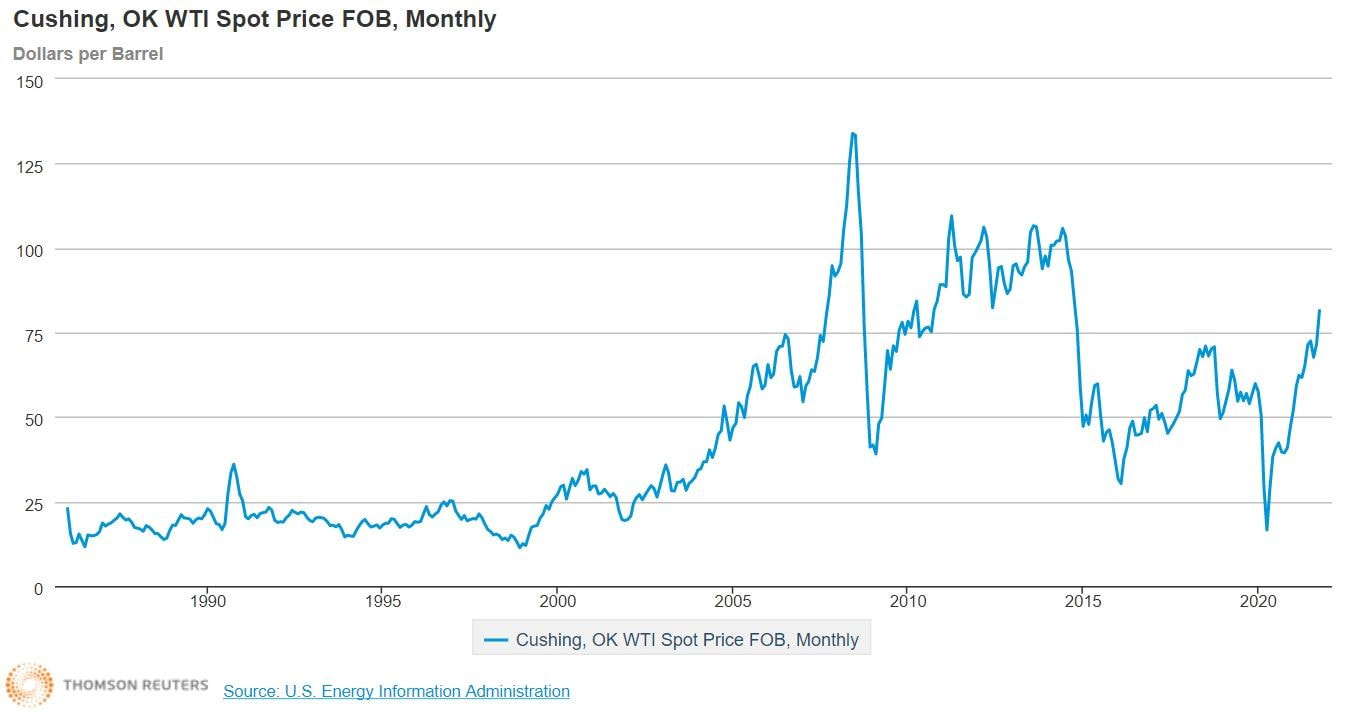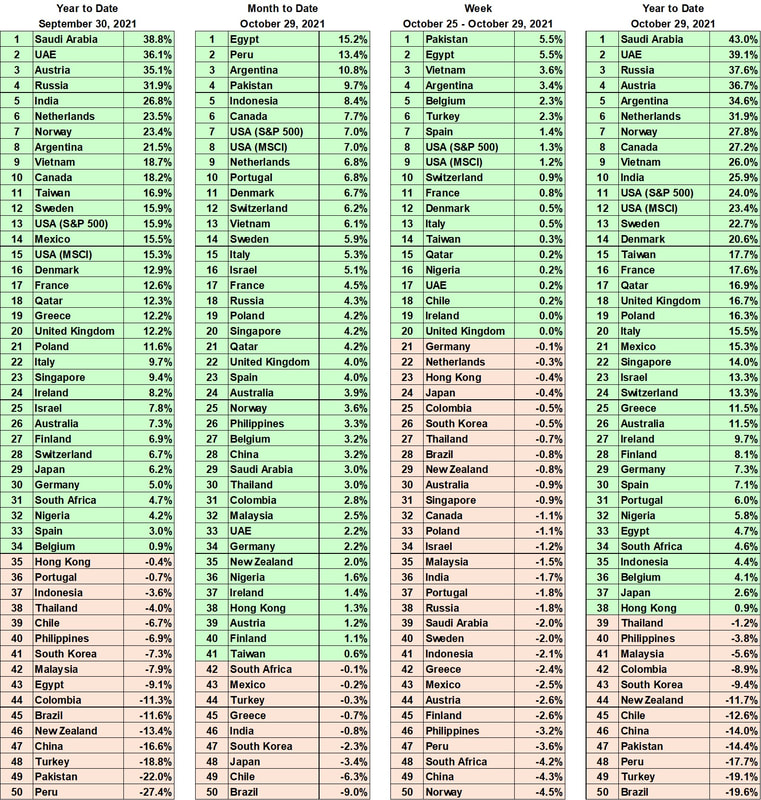Vitaly Veksler said, “It is always a pleasure when top-notch organizations find your work valuable and share it with their members. SovereigNet is a leader in study of sovereign wealth management (SWF). I have served as the network’s research affiliate for the last eight years. I truly enjoyed discussing the role of the sovereigns as institutional investors with my colleagues from all over the world during monthly phone calls and conferences. I was deeply impressed by their expertise and knowledge of various aspects of the SWF business. It is an honor that SovereigNet shared my report with its audience.”
To read the SovereigNet article "Capital Ideas: Research Affiliate Vitaly Veksler on the Future of International Stock Leadership" about the BBIS report, please Click Here
To read the report on BBIS’ website, please Click Here
Please let me know if you have any questions about BBIS or the firm’s investment strategies, would like to be on our publication distribution list, or want to invest some funds with BBIS.
Thank you. Have a Happy Thanksgiving!
Best regards,
Vitaly
Vitaly Veksler, CFA
CEO & Portfolio Manager
Beyond Borders Investment Strategies, LLC
[email protected]





 RSS Feed
RSS Feed